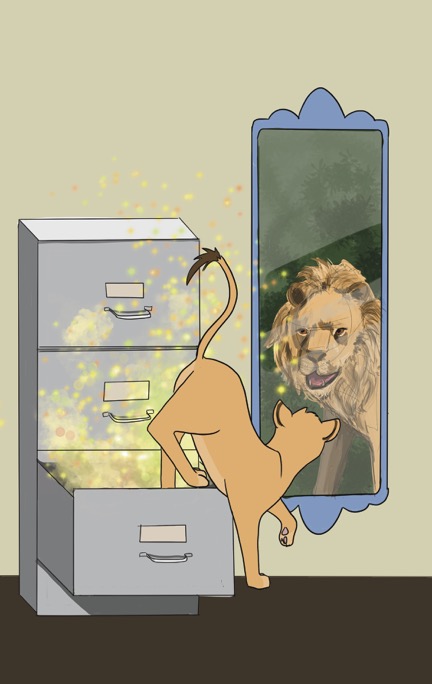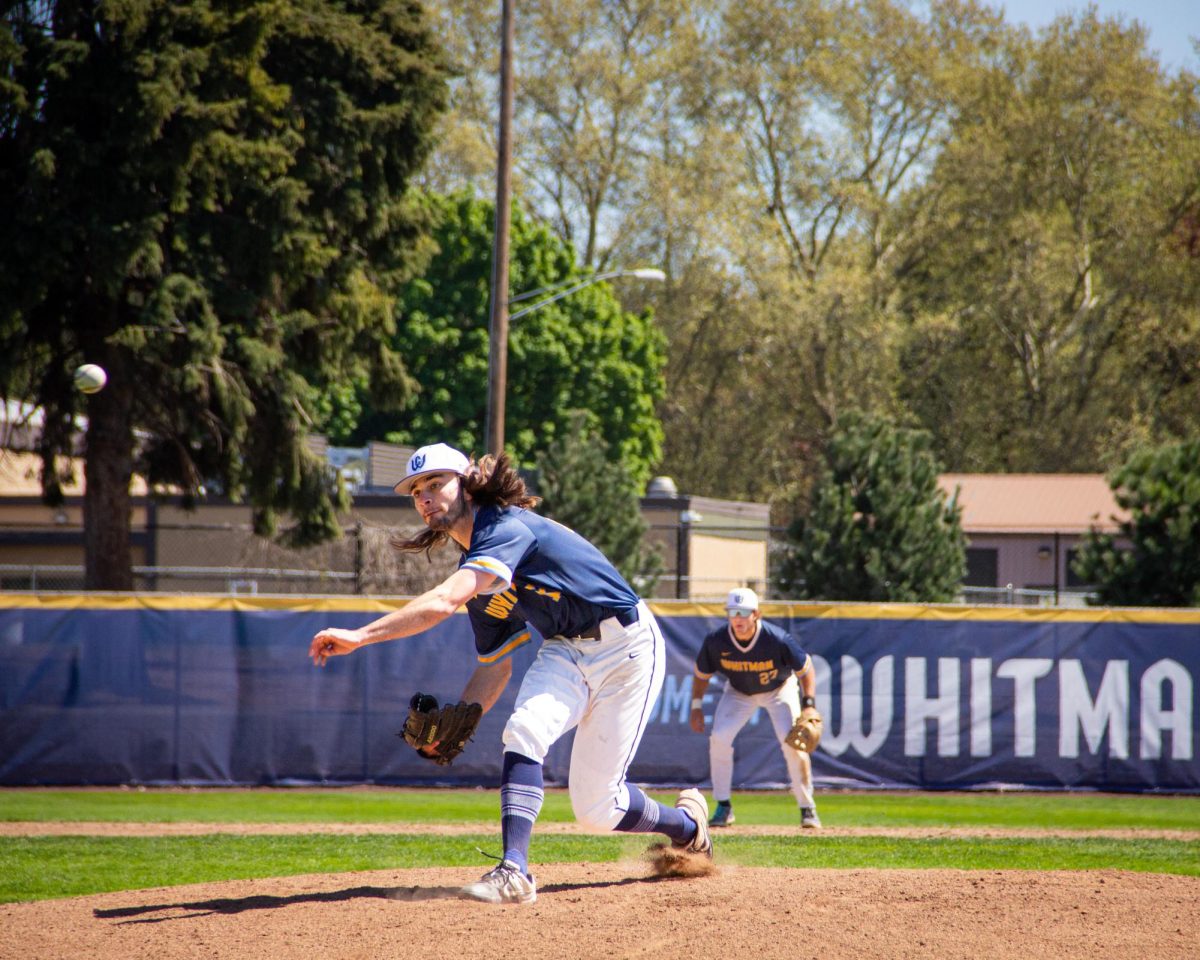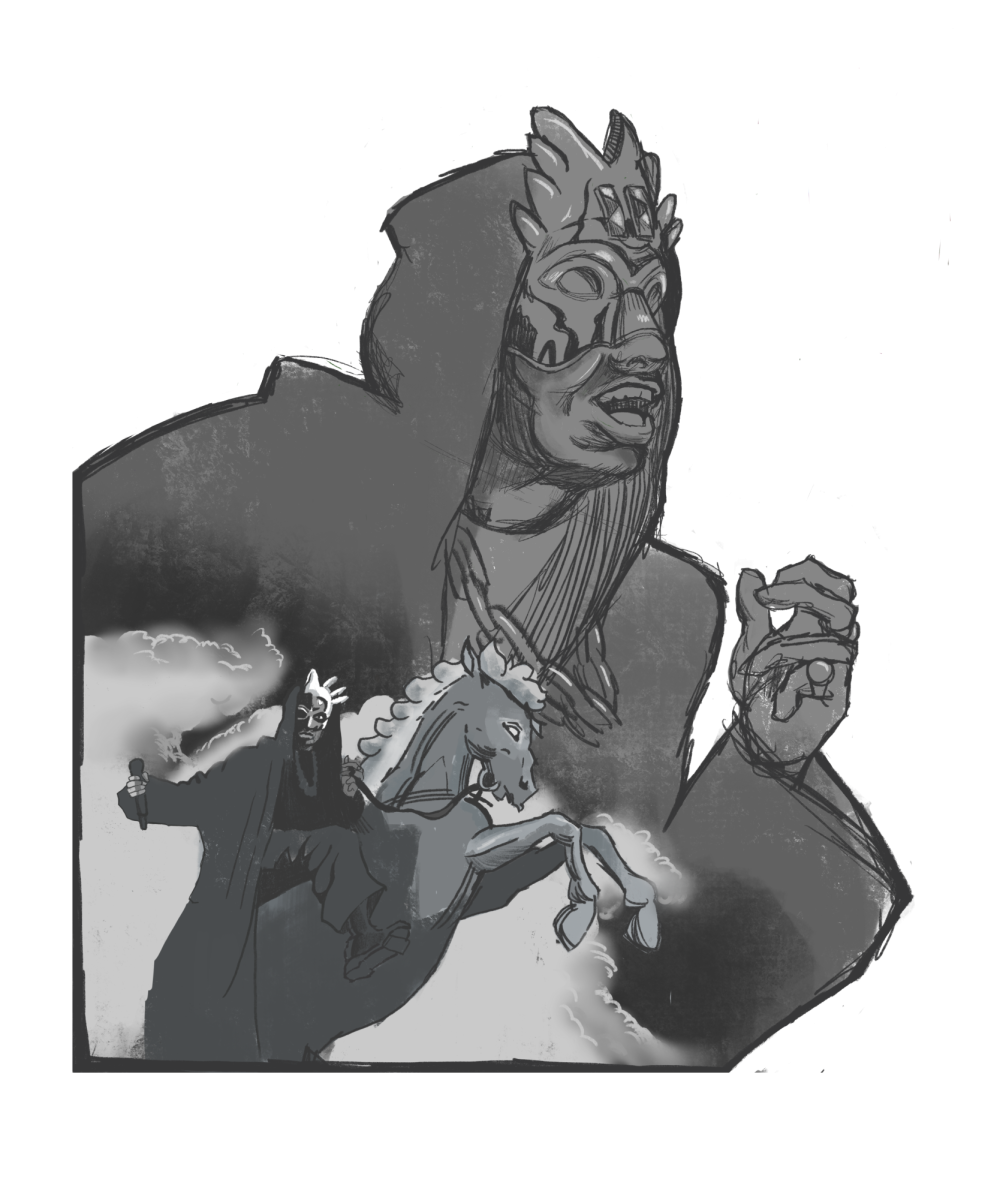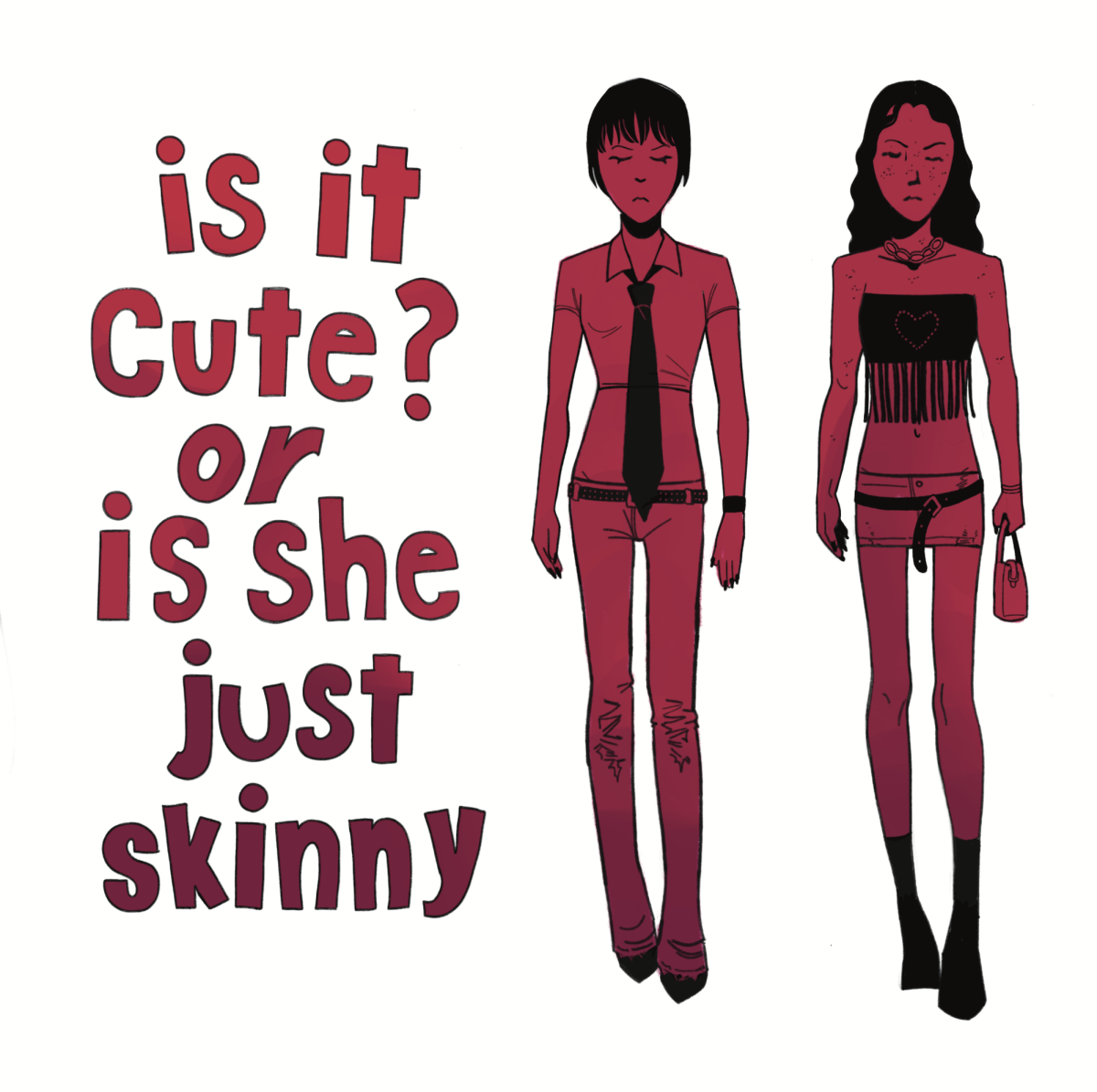This guest column was written by Allison Bolgiano ’14

The spring of my junior year, I had two evening seminars in Maxey. Later in the semester, when I caught sunsets on my walks across Ankeny, I’d savor the golden light that turned Lyman’s bricks merlot red and made green, glowing candles out of the leaves on the big trees.
Even on evenings when I was fatigued from staying up late the previous night writing a short paper about Karl Polanyi’s false commodities or perfecting the dialogue in a nature essay, a feeling of contentment verging toward awe filled me as I looked at that light on my way to class. On those nights, I thought back to a piece of wisdom I’d picked up six months earlier.
Under the crystalline autumn sun of northern New Mexico, surrounded by cottonwoods dropping bright yellow leaves, environmental writer Bill DeBuys responded to a question from one of my fellow 2012 Semester in the West students about the role of nature writing.
For Bill, nature writing should document beauty and inspire its preservation. In a voice tinged with sorrow but emerging from a reserved smile, he tells us, “It’s a high calling for all of us to involve ourselves in the defense of the beauty of our planet. There is beauty all around us all the time, and we are called upon to do our best to preserve it.”
Now a year and a half after sitting in Bill’s pasture, a sticky note above my desk reminds me that beauty is all around us all of the time. The Whitman education usually isn’t about distilling concepts down until they fit on a 2-inch-by-2-inch sticky note, but as I prepare to graduate, I’ve realized that Bill’s quote is one of the greatest lessons I will take away from my four years here. Noticing and appreciating beauty has enriched my time at Whitman. Both on campus and beyond the Whitman bubble, beauty has the ability to inspire commitment, compassion and action.
My experience at Whitman has contributed to my belief in the power of beauty. Beauty crops up in unexpected and poignant ways here. During an Encounters discussion about “Maus,” I was humbled when tears bloomed out of the corners of Professor [of General Studies Jennifer] Mouat’s eyes as she imagined stepping into the shoes of Artie’s aunt, who poisons herself, her children and her nephew to escape the Gestapo. To see my professor’s love of her children blend with her interpretation of the text helped me finally define “a great work,” one that artfully and empathetically captures part of the human experience.
Sophomore year, after helping advertise a lecture by Mexican social activist Luz Rivera, I sat in a crowded Kimball Auditorium listening to Luz speak about organizing prostitutes and corn growers in Tlaxcala, Mexico to assert their right to legal protection and economic justice. Around me, people chuckled along with Luz and grimaced when she described the government surveillance she endured. Watching her message of collective, from-the-bottom action resonated with my peers was a beautiful moment for me.
Whitman’s beauty isn’t reserved for serious moments. It manifests in waking up with tight calves and sore thighs after dancing for four hours straight to EMEFE, taking a portrait of a friend that captures her radiance, watching scramblers lose their “cool cards” and form strong friendships, walking under a canopy of blooming cherry trees on Valencia Street and feeling simultaneously exhausted and exhilarated during early morning kitchen conversations with friends about the future––that nebulous thing we find ourselves hurtling toward.
My faith in Bill’s philosophy is strong not just because beauty has made my time at Whitman magical, but also because I believe that noticing beauty and acting from it has transformative power for life beyond the bubble.
All of us will face challenges. Some will be personal. We will endure loneliness. We will lose loved ones. We will be unsure of how to pay the bills. We will have our hearts broken. We will be disrespected and doubted. Other challenges will be societal. Global warming, massive inequality, racism and endemic diseases will demand our attention. Our most beloved places will be transformed by climate change. Our favorite neighborhoods might be bulldozed or gentrified. Our sense of justice will be challenged by intolerance and entrenched inequality. Yet, beauty will persist, although in forms different and new.
The attitude that beauty surrounds us constantly allows for resiliency and optimism. Out of those will blossom the motivation to take action to defend the beauty of our planet and its people.
The liberal arts education we’ve received at Whitman has made us a group of people with attuned senses of awe, wonderment and beauty. As we go on to become teachers, doctors, executives, farmers, scientists, writers, artists, parents and partners, a resilient appreciation for beauty and the willingness to take its call to action will make Whitties a group of people who face life’s challenges with grace.
I plan to keep pausing to notice the golden light of sunset and the gleam in a friend’s eyes when he speaks about social justice because in those moments of beauty I find hope and energy for creating the future I want to see.






